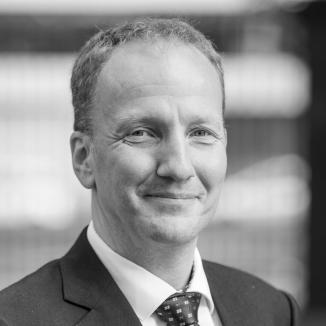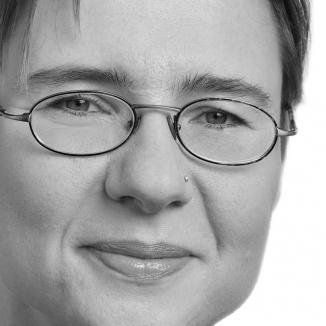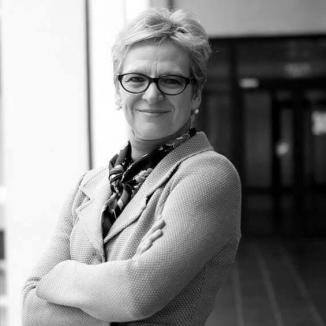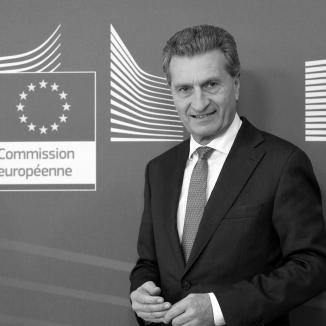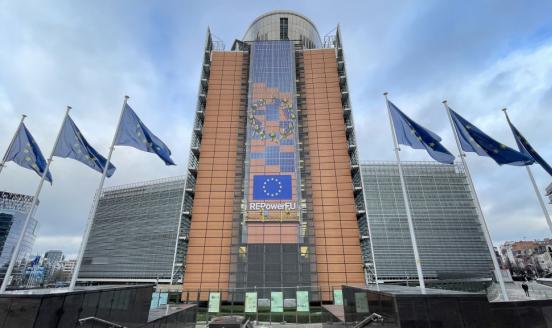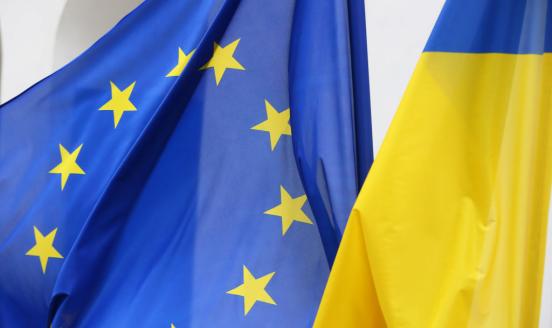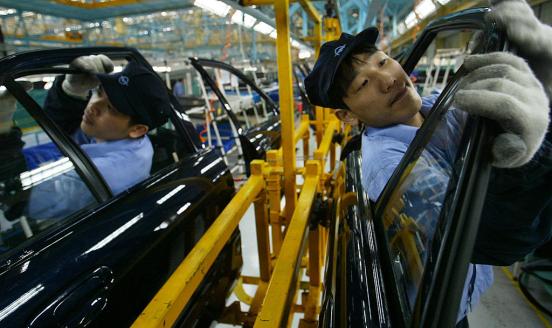The future of the EU budget: MFF post-2020
Which should be the priorities for the Multiannual Fiscal Framework post 2020?

Speakers
Margit Schratzenstaller-Altzinger
Deputy Director, WIFO,
Charlotte Ruhe
Managing Director, Central and South Eastern Europe, European Bank for Reconstruction and Development,
Günther H. Oettinger
European Commissioner for Budget & Human Resources,
Roger Havenith
Deputy Chief Executive, EIF,
VIDEO & AUDIO RECORDINGS
EVENT MATERIALS
Presentation by Zsolt Davas and Guntram B. Wolff
SUMMARY
Commissioner for Budget Günther Oettinger and the panellists discussed the next Multiannual Financial Framework (MFF). With Brexit, there will be a 93€ billion gap in contributions for 2021-2027. However, nominally containing Cohesion Policy and Common Agricultural Policy while everything else grows with GNI would generate a 102€ billion saving, given how important these two budget lines are and that independent evaluations question their effectiveness.
The Commissioner highlighted the difficulty of obtaining an ambitious and unanimous agreement, but that it was not a reason for re-nationalizing spending. The EU brings value in helping less developed regions to converge economically to developed ones. Additionally, there are new challenges facing the EU, notably migration, humanitarian aid, border protection and defence. These call for more ambitious commitments. Regarding the Brexit gap, since there can be no EU deficit, 50% of the gap should be filled by greater Member States’ contributions and the other 50% should be from cuts in expenditures.
He also emphasized that the current negotiators would not repeat the mistakes made for the previous MFF. First, it would give the means to finance the Member States’ ambitions for the EU, by moving away from the symbolic 1.0% of GNI contributions. It has already been agreed that the new ceilings would be at least 1.1% of GNI. Second, the negotiations would end over a year and half before the start of the budget period, contrary to the previous MFF where delays led to inefficient implementation.
The panellists and audience then discussed several issues. First, they suggested that greater use be made of financial instruments, as a way to fund similar programmes under scarcity of resource, ensure greater efficiency monitoring and open possibilities for involving the private sector. These would also enable streamlined process, as one type of financial instrument can tackle the needs of hundreds of projects. They also highlighted the importance of facilitating collaboration between stakeholders – indeed, policies can only be successful on tighter budgets if participants work better together. A more open architecture for the MFF would enable the EU to leverage the different strengths of its various agencies and stakeholders.
Second, they discussed major opportunities on the revenue side and on the expenditure side. Regarding the revenues, with the UK’s departure, it becomes more realistic to discuss tax policy across Member States and to consider tax-based Member States contributions. As for the expenditure, a case was made for reforming the Common Agricultural Policy’s direct payments system -the single biggest fund in the MFF. The fact that only one small sector benefits from such big outlays was argued to be unjustified. Cost-saving reforms could involve co-financing from Member States, to incentivize careful monitoring of the programmes, or a total phase-out of the direct payments, which would facilitate a transfer of land from older to younger generations of farmers.
Finally, the Commissioner outlined the deadline for negotiations. By 2 May, the European Parliament’s relevant committees’ rapporteurs will be informed of the Commission’s position.
